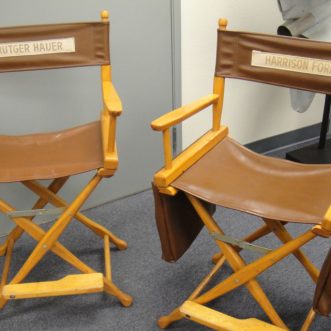April 26, 2023
Once you’ve assessed the potential consequences of what you’re seeing in feedback, and decided what to do about it, you can start acting to adapt your system.
Another relatively straightforward adaptation is to automate a part of your Customer Experience Score.
This could be an entire Activity, or it might be something that makes up a small part of lots of Activities.
You could for example automate your Enrol Prospect Activity, so that people can sign up online. Or some of your Show Up Activities – for example, placing ads or posting to social media or even commenting on other people’s posts. Or your entire Keep Promise Activity, if it is relatively simple.
Having your Customer Experience Score written down makes it easier to spot where automating an oft-repeated task that is part of many larger Activities would make sense.
For example, emails.
If your business involves lots of regular communication with clients – to request information or notify them of actions taken or remind them of actions they need to take, it makes sense to automate the sending of these emails. Especially if you want the emails received to be consistent in tone and language.
This is the kind of task that people hate doing, and so take shortcuts with, because it doesn’t feel essential to the rest of the process. It’s also the kind of task that happens at the beginning of a lot of important Activities, giving plenty of opportunity for silly copy and paste errors that will make your client feel a little less valued and a little more wary about how well you’re Keeping your Promise for them.
It’s also the kind of task that’s easy to automate well. You can create templates, written by a human to a human, then use software to schedule, personalise and send them to clients. Done well, this saves time and embarassment for you and your team, without feeling robotic for your clients.
Whichever part of your Score you consider automating, here are some questions to ask yourself:
- For a human being, is this drudgery? Repetitive, mechanical, requiring a level of attention that’s difficult to maintain?
- Is this something that people do better than machines or software? Does it involve interaction with other humans, making it unpredictable, and requiring empathy? Or does it involve the application of creativity, experience, judgement, wisdom?
- Will this lead to our clients doing more of the work themselves? Is that what they want? How many will we lose as a result? How many could we attract? Could it be an option rather than a replacement for the way we do it now?
- Will it be worth it? How much capacity will this free up for us to spend on being more human or offering more valuable services? Will that save us more money than it costs to automate?
And above all, this one:
- Is this consistent with my Promise of Value?
Discipline makes Daring possible.
Ask me how.









